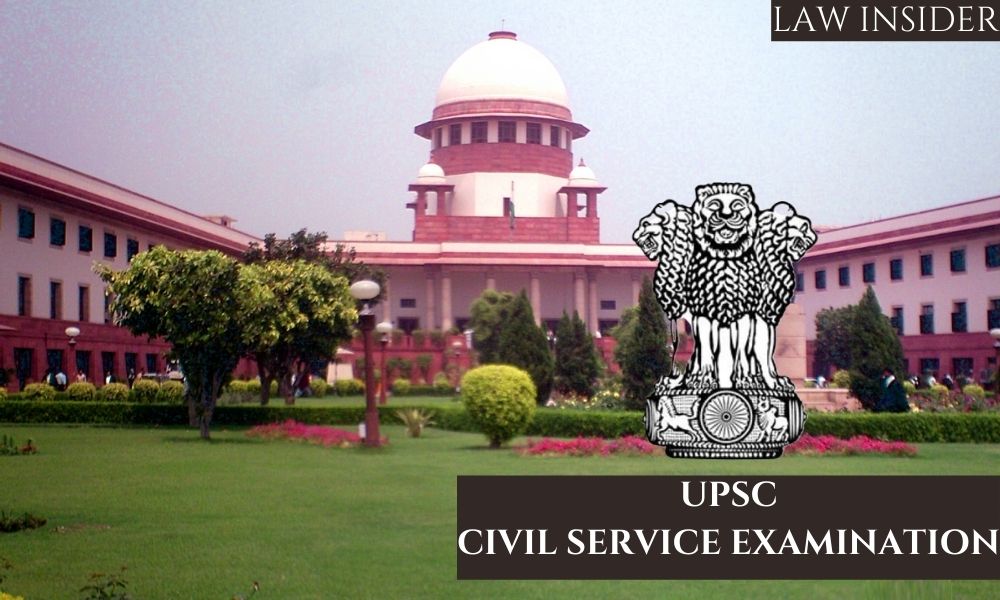Shivangi Prakash –
Published on: September 3, 2021, at 12:50 IST
The Supreme Court on Friday dismissed a request by the West Bengal Government to nominate its own Director General of Police (“DGP”) without the input of the Union Public Service Commission (UPSC).
On behalf of the state government, eminent lawyer Sidharth Luthra presented the application to Chief Justice of India (CJI) NV Ramana on Wednesday.
The WB Ggovernment had asked the Supreme Court to modify its 2018 order in the Prakash Singh case on police reforms, which had imposed a mandate on the State Governments to appoint DGP from a panel of three most senior police officials prepared by the UPSC, asserting that the State had autonomy and ultimate power of supervision over police officials.
While allowing the State to withdraw the application, the Bench of Justices LN Rao, BR Gavai, and BV Nagarathna noted that“Mr Luthra, we’ll allow you to withdraw this application and you may argue this point in the amicus. We have individuals who file petitions, if states also start doing this, how will we hear the matters. You only say that bail matters are not being listed?”
However, the Court has allowed the West Bengal government to intervene in the major issue involving police reforms.
During the hearing, Prakash Singh’s lawyer, Advocate Prashant Bhushan, sought that the primary petition on police reforms be heard as soon as possible.
The Bench agreed to hear the case in October 2021 and said, “Yes we’ll start hearing the matter. It hasn’t seen the light of the day for many years.”
Justice Rao told Senior Advocate Siddharth Luthra not to submit any more applications, citing the fact that the State of West Bengal’s application for similar orders was previously denied.
The State Government argued that the UPSC’s involvement in the appointment of the state’s GDP was prohibited by the Indian Constitution and went against the federal fabric of the Constitution.
“The Ministry of Home Affairs in the affidavit filed in Prakash Singh’s case had accepted the position,” the application also stated.
The application argued that the UPSC lacked the jurisdiction and expertise to evaluate and appoint the state’s DGP, citing Articles 320(3) and 321 of the Indian Constitution.
Also Read: SC on Plea for extra chances insists UPSC to have ‘Lenient View’

